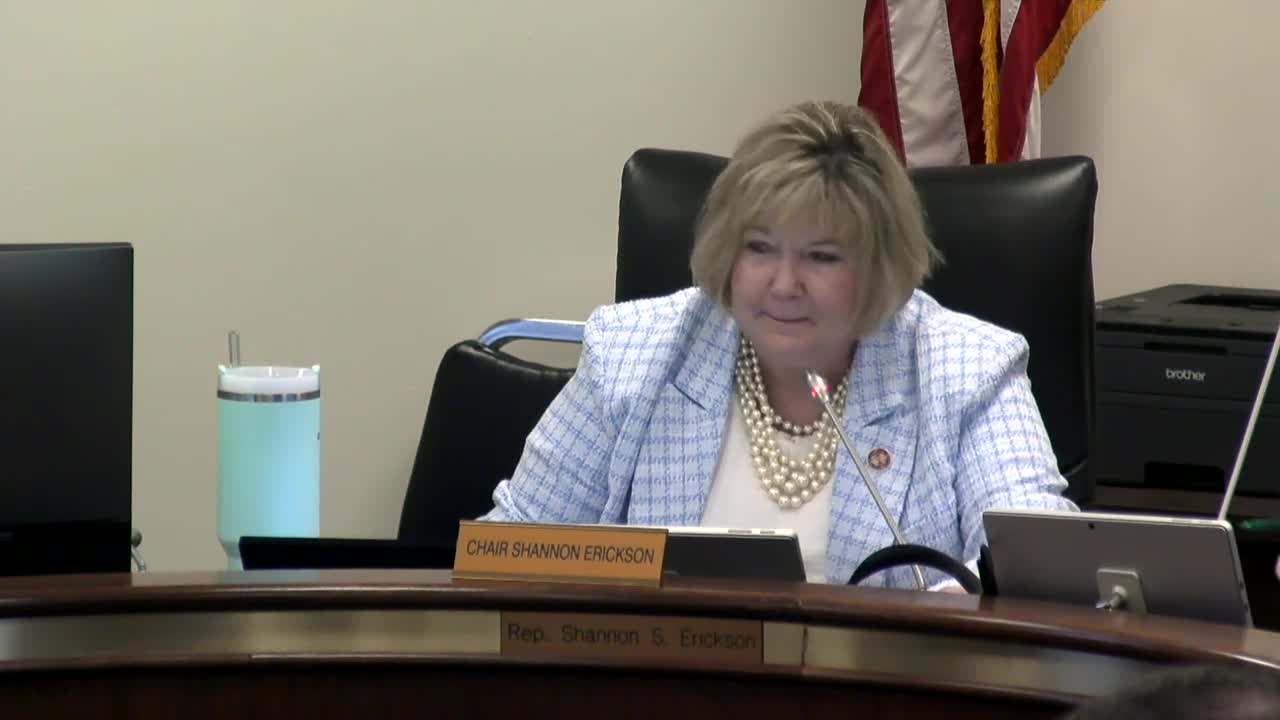Article not found
This article is no longer available. But don't worry—we've gathered other articles that discuss the same topic.
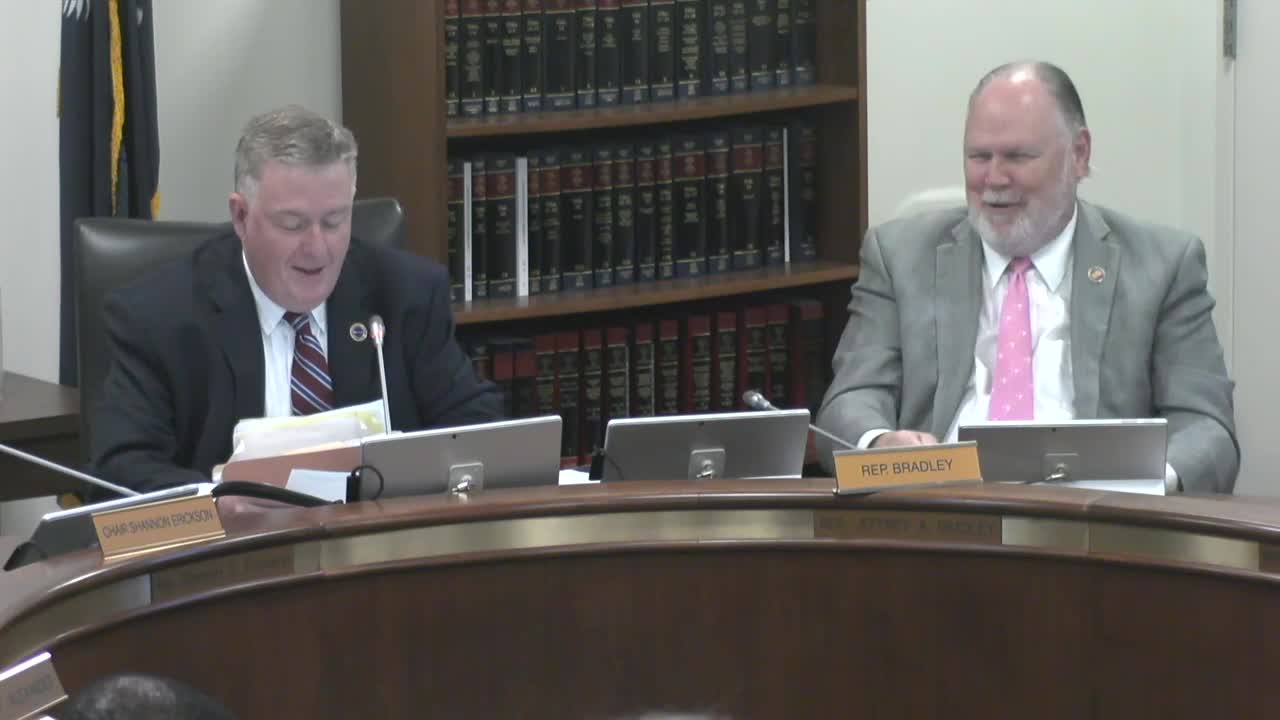
Committee approves bill naming official state choral anthem
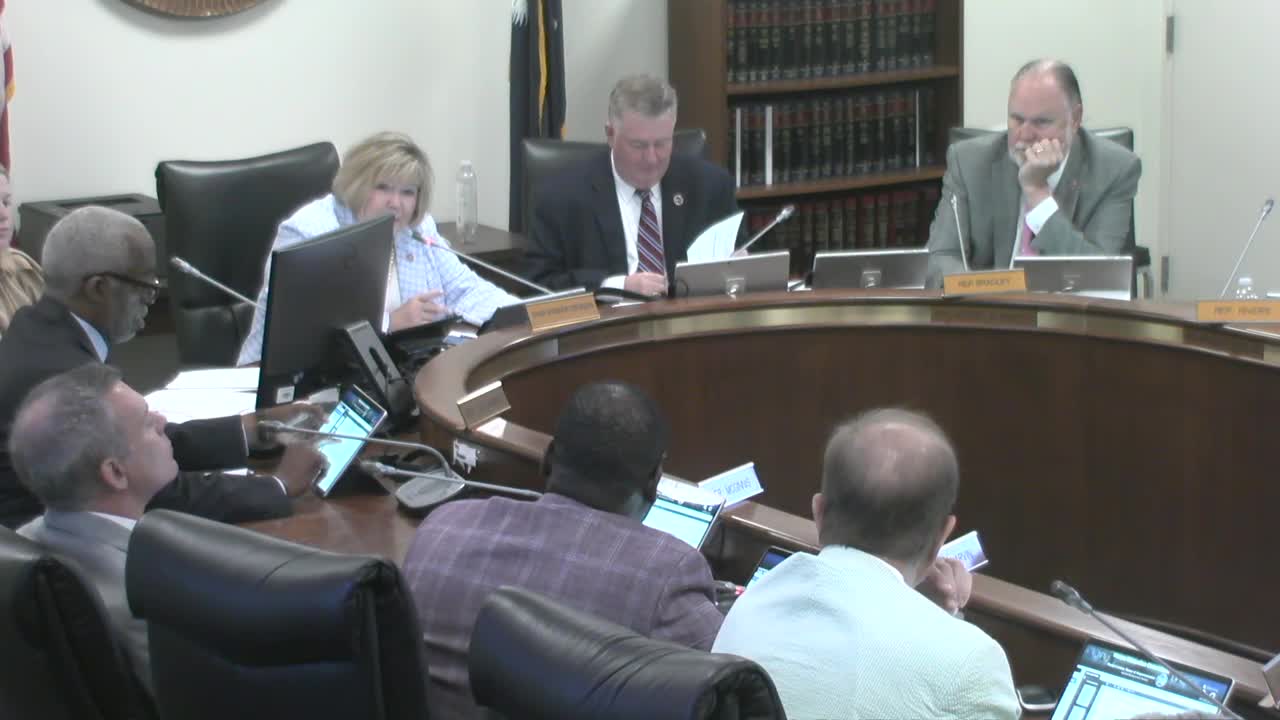
Committee backs bill giving teachers credit for relevant occupational experience; amendment sets timing for pay adjustment
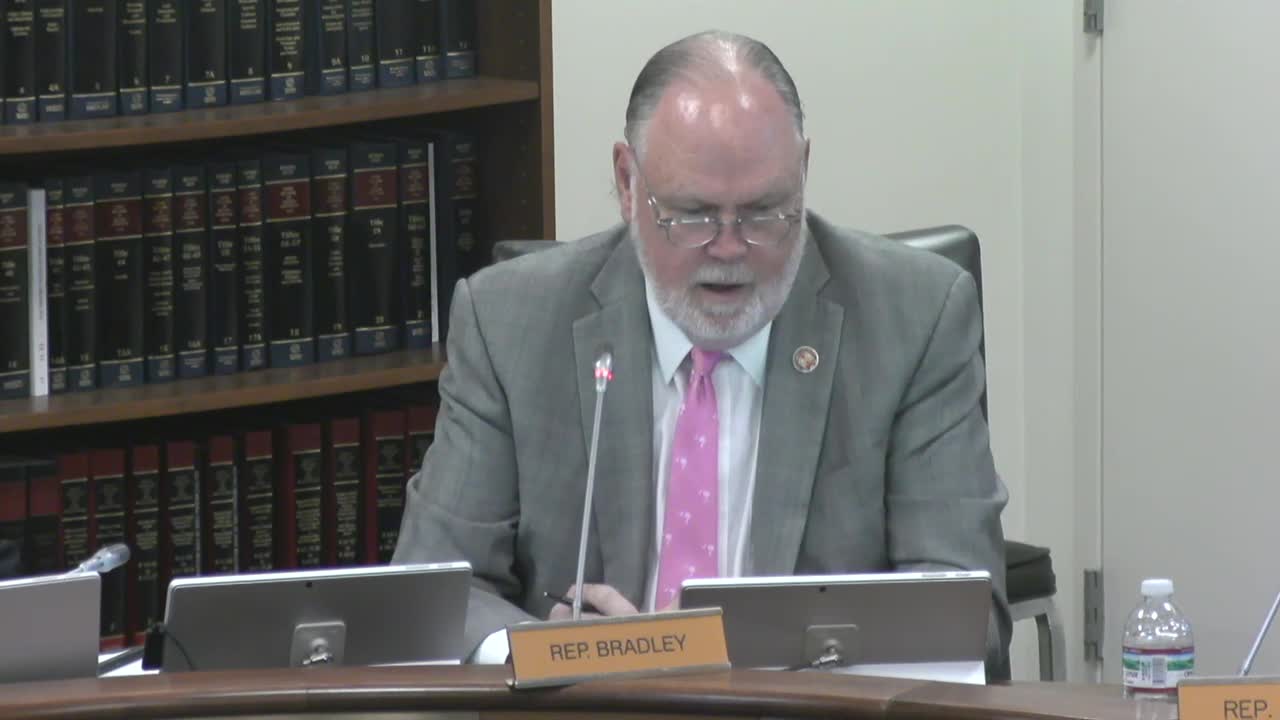
Committee approves model policy to protect student religious expression at school events; debate centers on limits and disclaimers
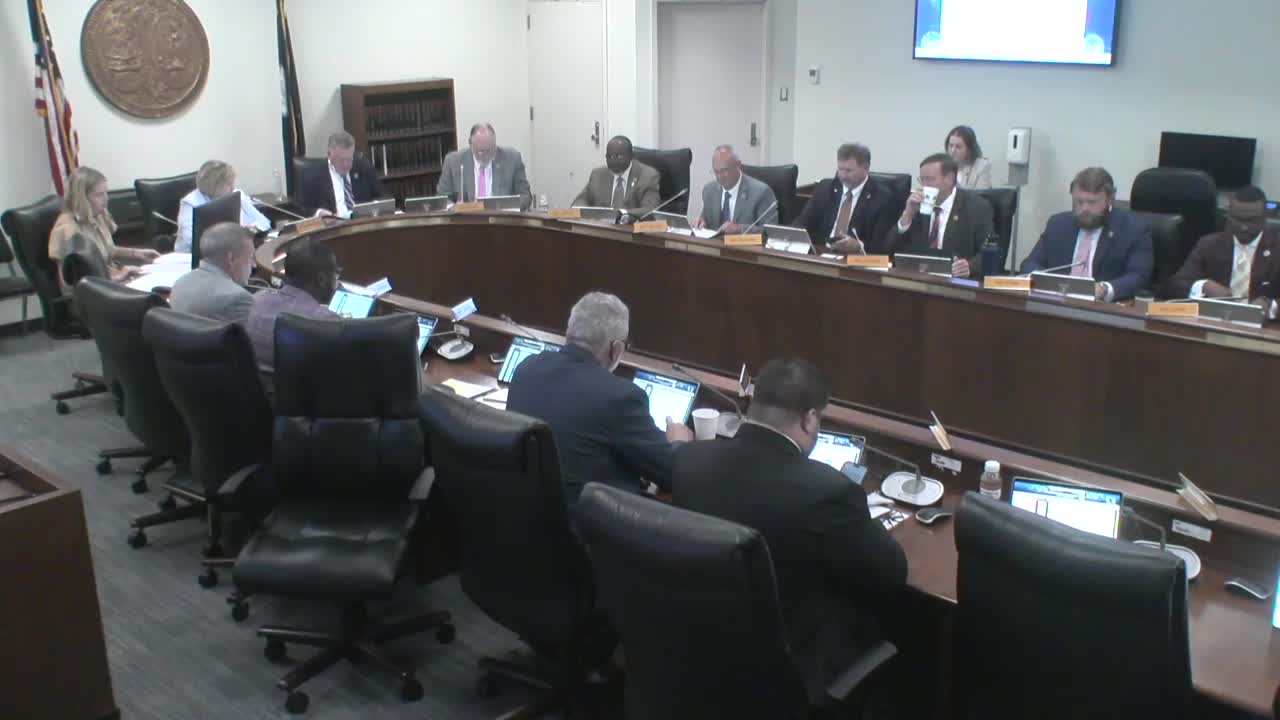
Committee adopts amendment, reports bill to clear rules on excused absences for scholastic activities
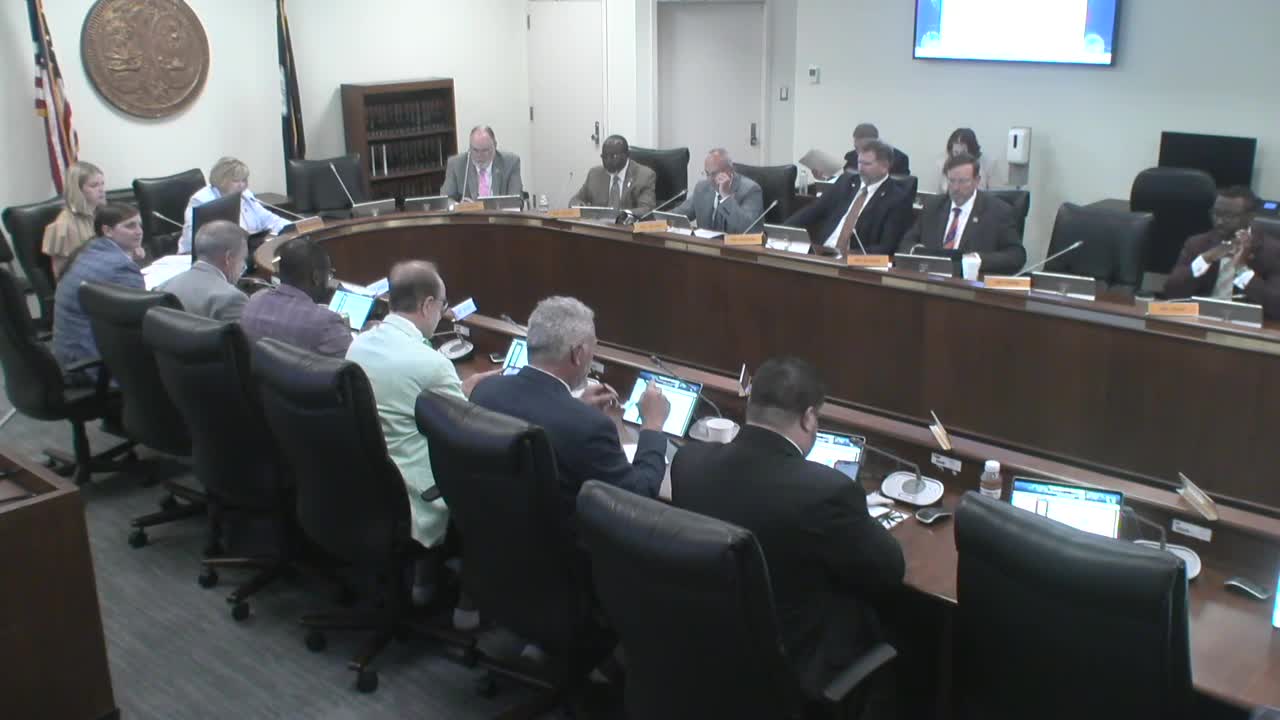
Committee expands Palmetto Fellows/ LIFE stipend eligibility to include accounting majors
